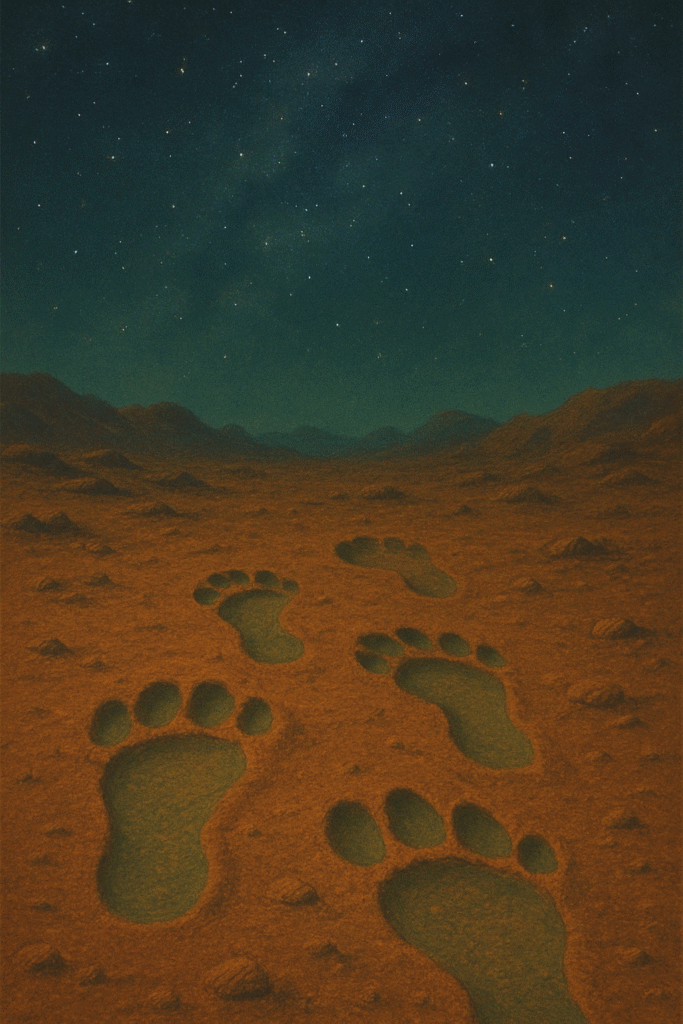What if the scent of life on another planet isn’t green goo or glowing aliens — but a faint chemical trace floating in a Martian breeze?

In the 21st century, space exploration has shifted from simply finding planets to something far more thrilling: detecting life. But forget sci-fi monsters — scientists are now hunting invisible clues called biosignatures. These are subtle chemical hints — like methane plumes, unusual minerals, or complex organic molecules — that may suggest life is or was present. And to “sniff” them out, we’re inventing some seriously cool tech.
Take NASA’s Perseverance rover, now roaming Mars with an instrument called SHERLOC (Scanning Habitable Environments with Raman & Luminescence for Organics and Chemicals). It’s not just a fancy name — SHERLOC can analyze rock surfaces for organics that could indicate past microbial life. There’s also MOXIE, a toaster-sized lab that turns Martian air into oxygen. While it’s designed for future astronauts, it also proves how alien atmospheres can be chemically hacked.

But the next-gen tech is even more futuristic. The upcoming Europa Clipper mission, for example, is designed to fly by Jupiter’s icy moon Europa, believed to have a hidden ocean. Onboard instruments like MASPEX (Mass Spectrometer for Planetary Exploration) are built to detect bio signatures in Vapor plumes that shoot from Europa’s surface — as if we’re catching the moon’s sneeze and testing it for life.
Closer to home, scientists are building lab instruments that simulate alien environments and test whether Earth microbes could survive there. AI is also stepping in — learning how to recognize complex chemical patterns that the human eye (and nose) might miss.
Here’s the real twist: many of these life-sniffing tools are designed to find life unlike anything on Earth. That means scientists aren’t just searching for what they know — they’re preparing to recognise the unknown.

So, the next time a spacecraft sniffs a puff of gas from a distant world, it might not just be measuring atmosphere — it could be inhaling the breath of alien life.
The scent of discovery is in the air, and with every invention, we inch closer to answering humanity’s oldest question: Are we alone?
